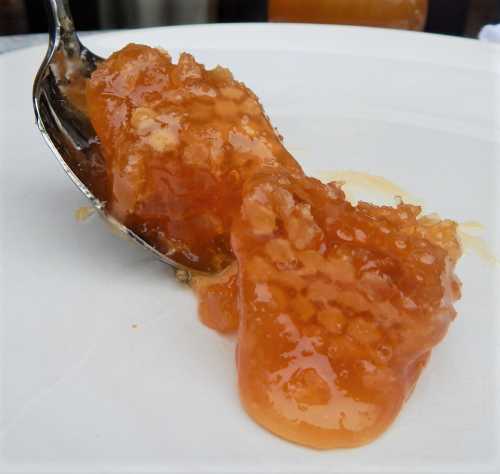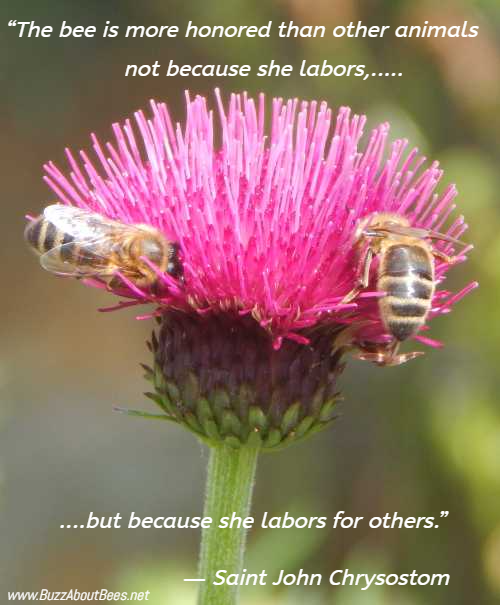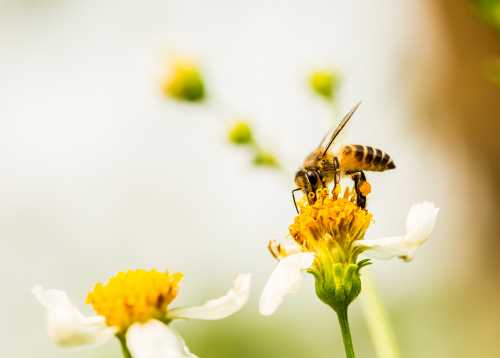Bees In Mythology
Bees and bee products (honey, beeswax and bee bread) appear in many myths and legends.
Here are some of them.
Bees In Mythology
Icarus and the wings of beeswax
The story of Icarus comes to us from Greek mythology.
Icarus was the son of Daedalus, who created the Labyrinth for King Minos of Crete to keep the Minotaur.
King Minos imprisoned Daedalus and Icarus within a tower above his palace because Daedalus had helped Theseus kill the Minotaur (although some versions of the story have Daedalus and Icarus imprisoned in the Labyrinth itself).
In order to escape, Daedalus created two pairs of wings from feathers and wax – one pair for himself, and one pair for Icarus.
Before setting off, Daedalus warned Icarus not to fly too close to the sun to ensure that the sun’s heat did not melt the wax. However, Icarus flew too high, the wings’ wax melted, thus destroying the wings and causing Icarus to fall to his death in the sea.
The story of Icarus is usually seen as a cautionary tale against excessive confidence.
The link between Icarus and bees is that Ovid, in ‘Metamorphoses’, says that the wings were held together by thread in the middle and beeswax at the base, so the wax melted by the sun was beeswax.
Aristaeus - bee bread and beekeeping
Aristaeus is another name that comes to us from Greek mythology. In the most common tradition, he was a ‘minor god’ – son of Apollo and Cyrene.
Aristaeus has a two-fold link with bees. Firstly, it is said that, when he was born, he was taken by Hermes (the god, not the European delivery company!) to be raised on nectar and ambrosia (bee bread).
Secondly, from nymphs (minor female goddesses thought to be the personification of elements of nature), he learned the art of beekeeping – how to keep bees in hives, which he then taught to mankind.
However, at some point his bees began to sicken and die. According to Virgil in Georgics, this was due to the death of Eurydice (wife of Orpheus), who was killed by a snake while being pursued by Aristaeus.
So Aristaeus went to seek advice at the fountain of Arethusa in Sicily. There, he was advised to establish altars and sacrifice cattle on them. New colonies of bees arose from the carcasses of the dead cattle.
Cupid the honey thief
Cupid is another figure from Greek and Roman mythology – both Cupid (the Roman version) and Eros (the Greek version) are well known names.
The basic story is well known – any person shot by one of Cupid’s arrows is filled with desire.
There are two links between Cupid and bees or honey.
The first is the story of Cupid the honey thief in which Cupid is stung by bees when he steals honey from their hive.
He complains that something so small should be able to cause so much pain, but is reminded by his mother (the goddess Venus) that he is also small, but delivers the sting of love.
In some versions of the Cupid story, it is told that the tips of his arrows were coated in honey. This reminds me of a proverb attributed to Arabic peoples: "When you shoot an arrow of truth, dip its point in honey".
Ra – sun god Egypt - tears of bees
Ra was the sun god of ancient Egypt, revered in ancient Egypt as the god who created everything.
There is a story connecting Ra’s tears to bees and honey.
One version is that when Ra cried for lack of love, his tears turned to honey when they fell to the ground.
In another version, honey bees are themselves the tears of Ra – that is, when Ra’s tears fell to the ground, they became honey bees.
Infants fed by bees
A number of historical characters are said to have been fed by bees as infants.
For some of these characters, the story is that, as infants, bees put honey into their mouths so that thereafter, their speech was like honey.
Plato; Aristotle; Sophocles; Xenophon; St Lucan; St Ambrose of Milan; St Bernard of Clairvaux are all said to have been fed by bees.
(Please note, honey should not be fed to infants under 12 months old - see honey and infant botulism).
Aesop
The Greek storyteller, Aesop, tells two stories about bees.
One is the story of some drones who discovered a hive of honey in a hollow tree and tried to claim the honey.
The worker bees refuted their claims to the honey and so they called in a wasp to judge between them.
The wasp suggested the drones and the workers both make honey – whichever specimen of honey tasted most like the original was clearly made by the original creators of the disputed nest.
The drones, of course, knowing that they
could not make honey refused to take part in the contest, and so the wasp
awarded the nest to the workers.
Another story told by Aesop about bees is a cautionary tale about wishing evil. In the story, the bee visits the gods with a gift of honey. Zeus is so pleased that he offers the bee anything she wishes. The bee asks for a stinger in order to protect her honey from mankind. Zeus agrees to grant the wish, but adds the proviso that, if a bee uses the sting, then she will die.
The story of ‘The Bear and the Bees’ is also sometimes attributes to Aesop, but I have found no evidence that this is the case.
Did You Know?
Toxic Honey Was Used In Ancient Warfare!

If you found this page helpful or interesting, I'd really be grateful if you would share it with others - if not this page, perhaps another, such as Gardening For Bees.
Thank you so much :) .


